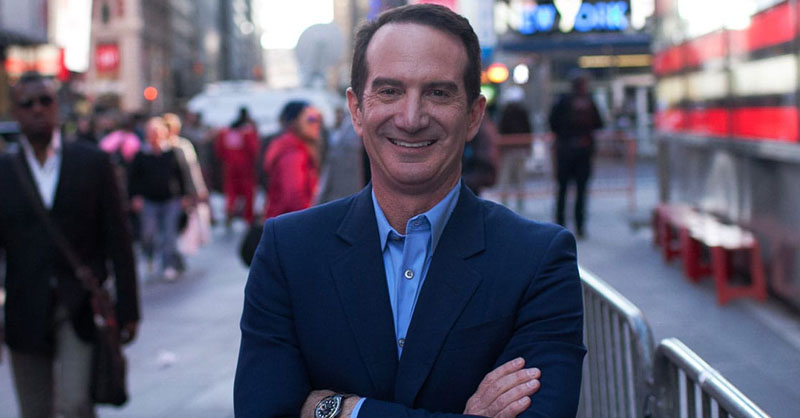David Bach, founder and chairman of FinishRich Media, has been in the financial planning business for over 20 years and has authored nine New York Times best-selling books. including one of my favorites, Smart Women Finish Rich. (I read this years ago when it first came out, and it’s evergreen advice!) Bach recently completed a 60-day tour for his Smart Couples Finish Rich financial workshops and shared with me some of the common, but fixable financial planning mistakes even high-earning executives make:
Omitting Activities Entirely
Bach has advised executives who ably plan and run million- and billion-dollar businesses without financial plans for themselves. It’s a case of the cobbler with no shoes. Common activities even the high-earners omit include executing a will, buying life insurance to protect dependents, and buying disability insurance. Bach attributes these omissions to the busyness and overwhelm executives feel and sees both male and female executives fall short on financial planning. Yet, the fix doesn’t have to be time-consuming – Bach estimates 2-3 meetings with a financial planner is enough to get key documents and protection plans in place.
Letting Choices Go Out Of Date
Bach has also seen executives who do have a will, some life insurance, some disability and a start at retirement planning but these were put in place years ago in much different circumstances. So the older executive has grown children but the will focuses on guardianship. Life and disability insurance hasn’t kept pace with the current level of expenses. Retirement choices might be a low 401k contribution because that’s what a younger professional might afford, but is too conservative now that this professional is in a higher-earning income bracket. Don’t just set and forget your financial choices. Again, the fix doesn’t have to take too much time – in addition to meeting with your financial planner to incorporate your updated circumstances, Bach advises setting aside a half day to implement any needed financial updates (e.g., moving new assets into a living trust).
Putting Too Many Eggs In The Company Basket
A high-earning professional might think they’re off the hook on retirement planning because they get company retirement contributions and/or stock options. However, Bach points out that relying solely on your employer isn’t a diversified strategy and puts you at financial risk. Options are paper wealth that can lose significant value or even disappear overnight. Proper financial planning can help diversify your investments (Bach gives the example of using collars for downside protection for your stock options). Your salary is already one major asset that is tied up in your employer. You do not want too much of your other wealth dependent on the same source.
Building A Lifestyle Instead Of Net Worth
Bach sees savvy, high-earning professionals with lots of money in cash, rather than interest-earning or appreciating investments. This cash can support a lavish lifestyle but doesn’t contribute to your net worth. Given the low rates (and even 0% interest) on cash and savings accounts you are arguably losing money to inflation by not investing it. Bach does recommend having some cash reserves but not so much that you’re “building a lifestyle but not your net worth.”
Not Adjusting Your Financial Planning For Today’s Realities
People used to have one or two jobs in a career and now multiple employers are the norm. This means more 401k accounts to keep track of and incorporate into a comprehensive strategy. People are living longer and also hitting that “sandwich’” stage in their 40’s and 50’s when they have children and elderly parents to support. This means additional costs and financial obligations. More professionals are consulting or starting businesses, and this requires financial planning for your business and for your personal life. Bach doesn’t see these as brand new issues that don’t have solutions, just that there are more moving parts to financial plans today. It’s easy to overlook one thing or it might be tempting to give up altogether because it seems like too much.
Fortunately, Bach emphasizes that all of these common mistakes are easily addressed with proactive financial planning. Bach estimates that 2-3 meetings with a financial planner and a half-day of dedicated time would be enough to cross off a number of the above items from your checklist.
My column is dedicated to career planning, but I am covering financial planning here because good financial planning is good career planning. The intersection of finance and career isn’t just about salaries and raises. A solid financial foundation gives you the confidence to negotiate harder, enables you to take risks (like asking for a stretch role, relocating for a new opportunity, or starting a business), and allows you to focus on your professional responsibilities knowing your personal commitments are being handled.
Caroline Ceniza-Levine is a career and business coach with SixFigureStart®. She has worked with executives from Amazon, American Express, Condé Nast, Gilt, Goldman Sachs, Google, McKinsey, and other leading firms. She’s also a stand-up comic, so she’s not your typical coach.

add a comment
+ show Comments
- Hide Comments